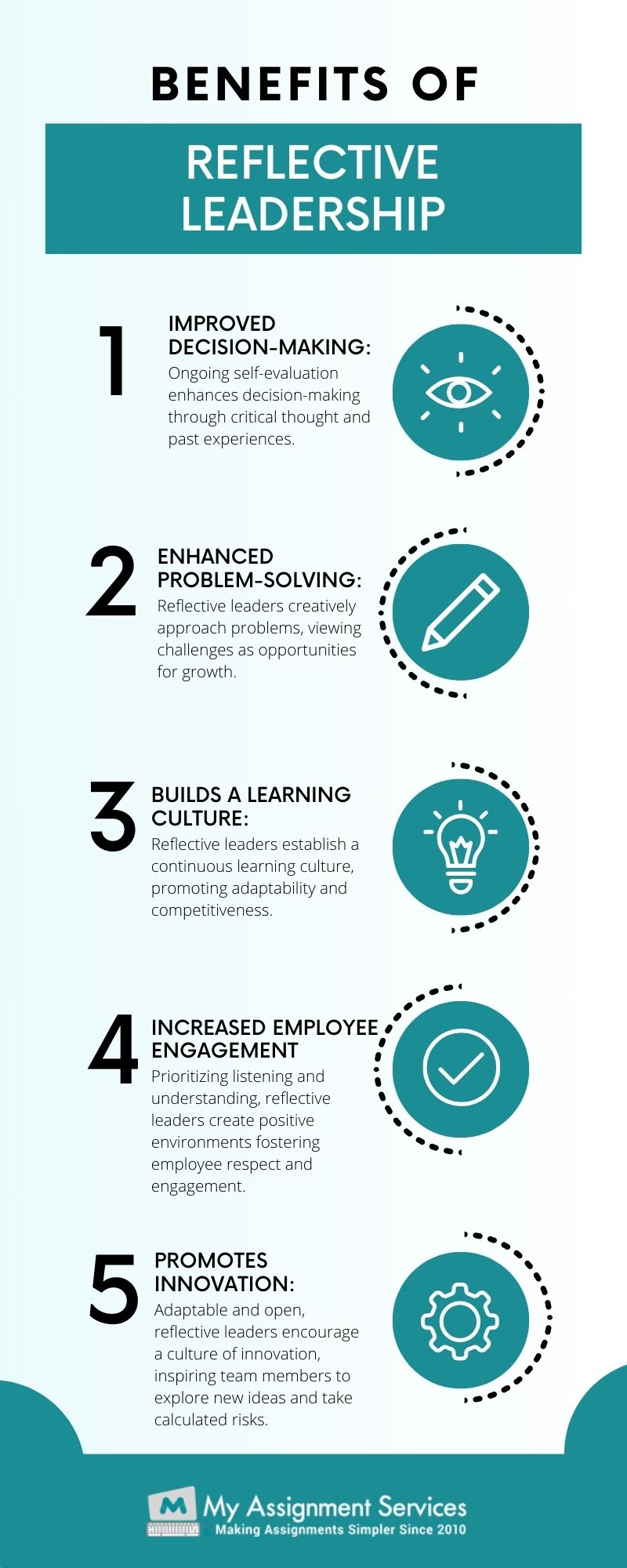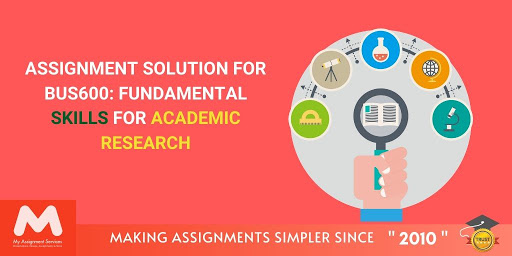Business students must understand that effective leadership is a touchstone for organisational success in the rapidly evolving world of modern business. As a result, most students are encouraged to seek business management assignment help to understand the needs and demands fully. Out of these various leadership models, reflective leadership is revealed as a transforming power that focuses on self-awareness, flexibility and lifelong learning.
This blog explores the central idea of reflective leadership, breaking down its vital parts and revealing how it is a source of multiple advantages for businesses. This post aims to teach students that reflective leadership becomes essential in framing innovative and engaging plans when organisations face unseen challenges.
Understanding Leadership Reflection
Reflective leadership is a basic concept that all business students must master. The theory is based on self-reflection, continuous development and adaptability. People who follow the skill practise a never-ending cycle of self-analysis and review their actions and decisions. This heightened self-awareness enables them to make thoughtful decisions and manage challenges while promoting a positive organisational culture.
Moreover, continuous learning is a pillar that ensures that leaders remain relevant and flexible in fast-changing business arenas. Brilliant leaders are reflective because they have empathy and commit themselves to personal growth, for which they actively seek feedback. For them, change is not a threat but an opportunity. Students must aim to embrace the same idea; they can seek business law management help initially to capture the essence of the concept. With reflection leadership, these brilliant young leaders can also inspire their teams and clubs to create innovation.
The Core Components of Reflection Leadership
Reflective leadership includes various core elements that, when taken together, make it effective at leading organisations through unforeseen circumstances and changes.
Self-Awareness:
Self-awareness is the foundation of reflective leadership. Leaders must have such insights as their strengths, weaknesses, values and beliefs. This self-aware knowledge allows them to make decisions and take actions based on their personal life and career. Reflective leaders develop the foundation for authentic and purposeful leadership by recognising and embracing not only their strengths but also their weaknesses as well.
Adaptability:
The business environment is dynamic, and reflective leaders succeed despite the challenge. They embrace change, cultivate an innovation culture and lead their team through problems by staying flexible and open-minded. Adaptability is important for organisations to navigate through different market changes and technologies. Students must focus significantly on the need and seek the help of an assignment writer to incorporate the same.
Critical Thinking:
Reflective leadership is present in critical thinking, so when leaders analyse situations and assess information to make sound decisions. This critical thinking ability allows leaders to deal with intricate issues, evaluate possible resolution alternatives, and lead their teams through the most efficient problem-solving procedure. Additionally, the skill is needed for every career the student decides to opt for in the future.
Continuous Learning:
Reflective leaders are lifelong learners. They look for ways to grow, learn more about trends in their industry and pursue lifelong professional development. This commitment to learning also ensures that leaders remain flexible and able to cope with the challenges of an ever-changing business environment. With reflective leadership, they can detect their mistakes and work towards making them better.
Integrity:
Strong values like integrity are common among reflective leaders. They are congruent to their behaviour with values and principles, creating a base of trust and openness in the organisation. This ethical behaviour commitment provides a good environment in the organisation as well as improves an organisation's reputation. Moreover, with an increased team spirit the organisation is driven to success and growth.
Benefits of Implementing Reflection on Leadership
Reflective leadership benefits businesses in numerous ways. Students must understand how it impacts organisational culture, decision-making processes and performance. Here are the key advantages of embracing reflective leadership in a business context:
Improved Decision-Making:
This is because reflective leaders are constantly in a state of self-evaluation and critical thought. This introspection makes them better able to make informed decisions. Furthermore, through past experiences and learning, leaders develop a bigger understanding of possible outcomes, improving decision-making.
Enhanced Problem-Solving:
A reflective leader is capable of approaching problems in creative ways. If leaders draw insights from self-reflection, they can develop creative approaches to solving problems that take work. For starters, students can seek business management assignment help to teach the skill in them. Additionally, with this, they can view challenges as opportunities for growth and improvement.
Builds a Learning Culture:
Reflective leaders lay the groundwork for an organisation's continuous learning culture. By engaging in positive change, leaders encourage employees to adopt learning as a basic personal development requirement. This commitment to lifelong learning builds the organisation's capability of adapting to changes in industry trends and maintaining competitiveness.
Increased Employee Engagement:
Reflective leaders focus on listening and identifying with their employees. This creates a positive working environment where employees feel respected and listened to. This is a crucial benefit of reflection and must be studied. With effective leadership reflection, corporations can look after the needs of the employees and motivate them accordingly.
Promotes Innovation:
Reflective leaders are highly adaptable and open to change; they create a culture of innovation. These leaders also foster an environment of creativity by urging team members to discover new thoughts and take measured risks. This brave spirit places the organisation ahead of competition and can respond effectively to market trends.

Challenges of Reflective Leadership in Organisations
Some hurdles in implementing reflective leadership in organisations include resistance to change, time constraints and the need for organisational support. Changing the existing leadership styles is challenging, where reflection may not be highly valued. Furthermore, the speed at which the business is run might make it hard for leaders to engage in self-analysis. To overcome such barriers, organisations must actively foster and support a culture of reflective practice.
Read More: Three Disadvantages of Transactional Leadership That Might Be Affecting Your Team
Embracing Leadership Reflection for Growth!
In conclusion, reflective leadership is a vital force in business that provides direction out of complexity and resilience to adversity. All these benefits, including better decisions, increased problem-solving capabilities, and employee engagement, result from the concept. Additionally, fostering a culture of continuous learning enhances its critical role. Reflective practices enable organisations to develop adaptable leaders who lead their teams towards innovation and triumph. Students must be taught to face these unseen challenges and embrace reflective leadership. Besides, they can seek the help of an expert assignment writer to understand the concept first. The theory and skill of reflective leadership is indeed a boon to business.





